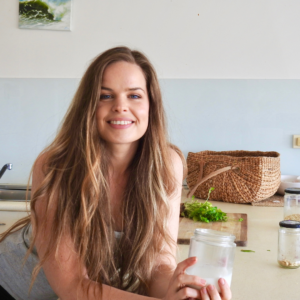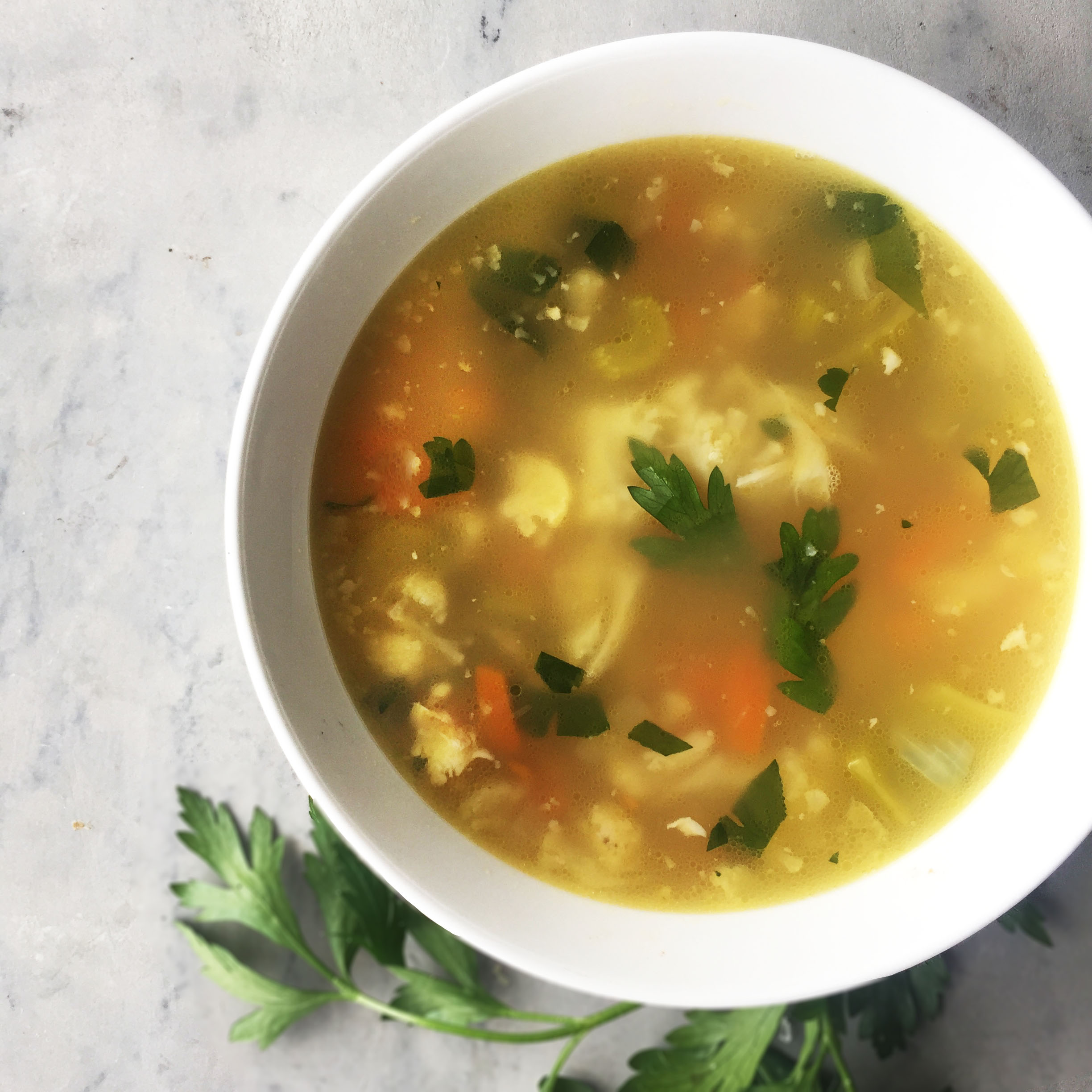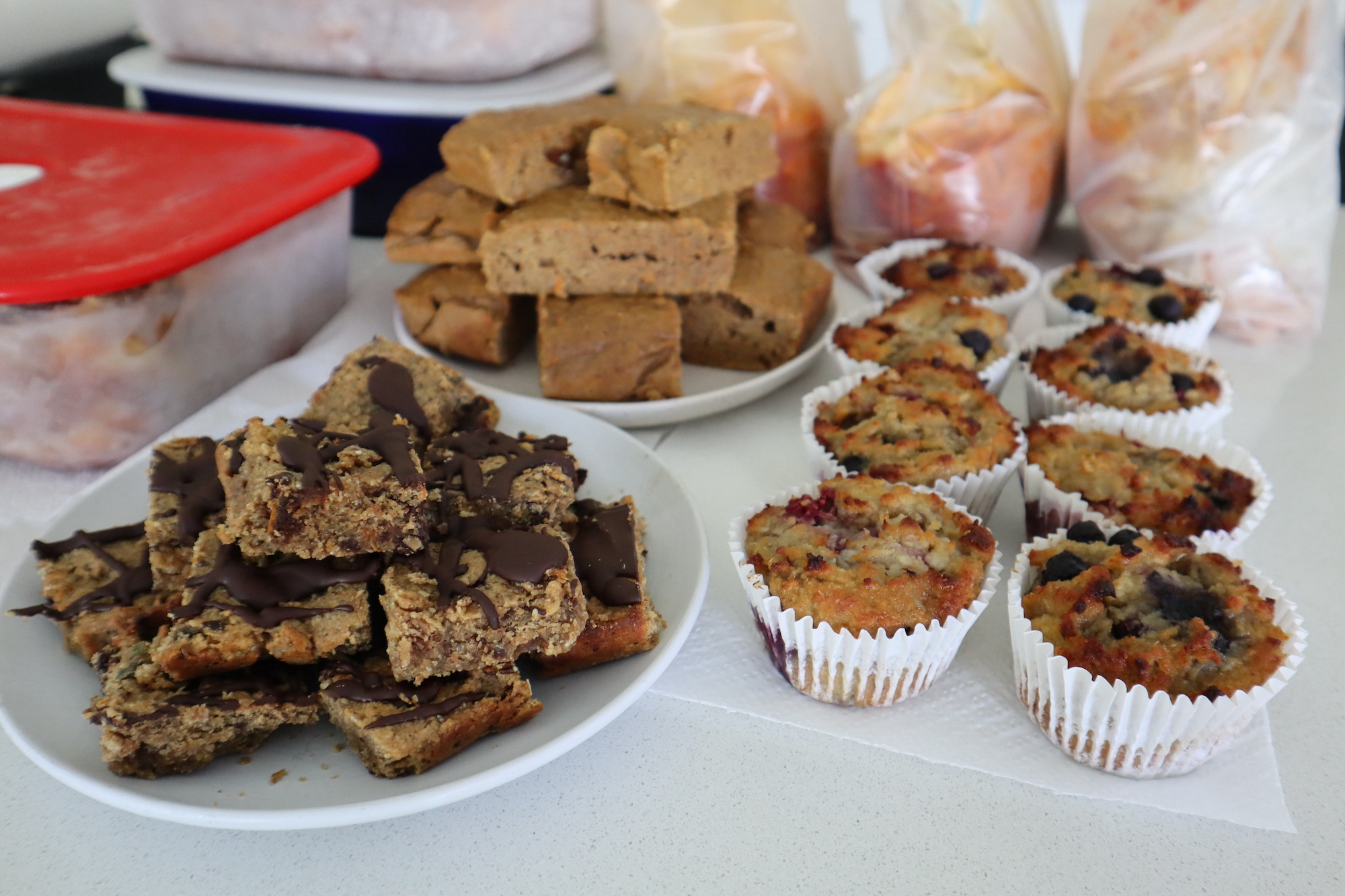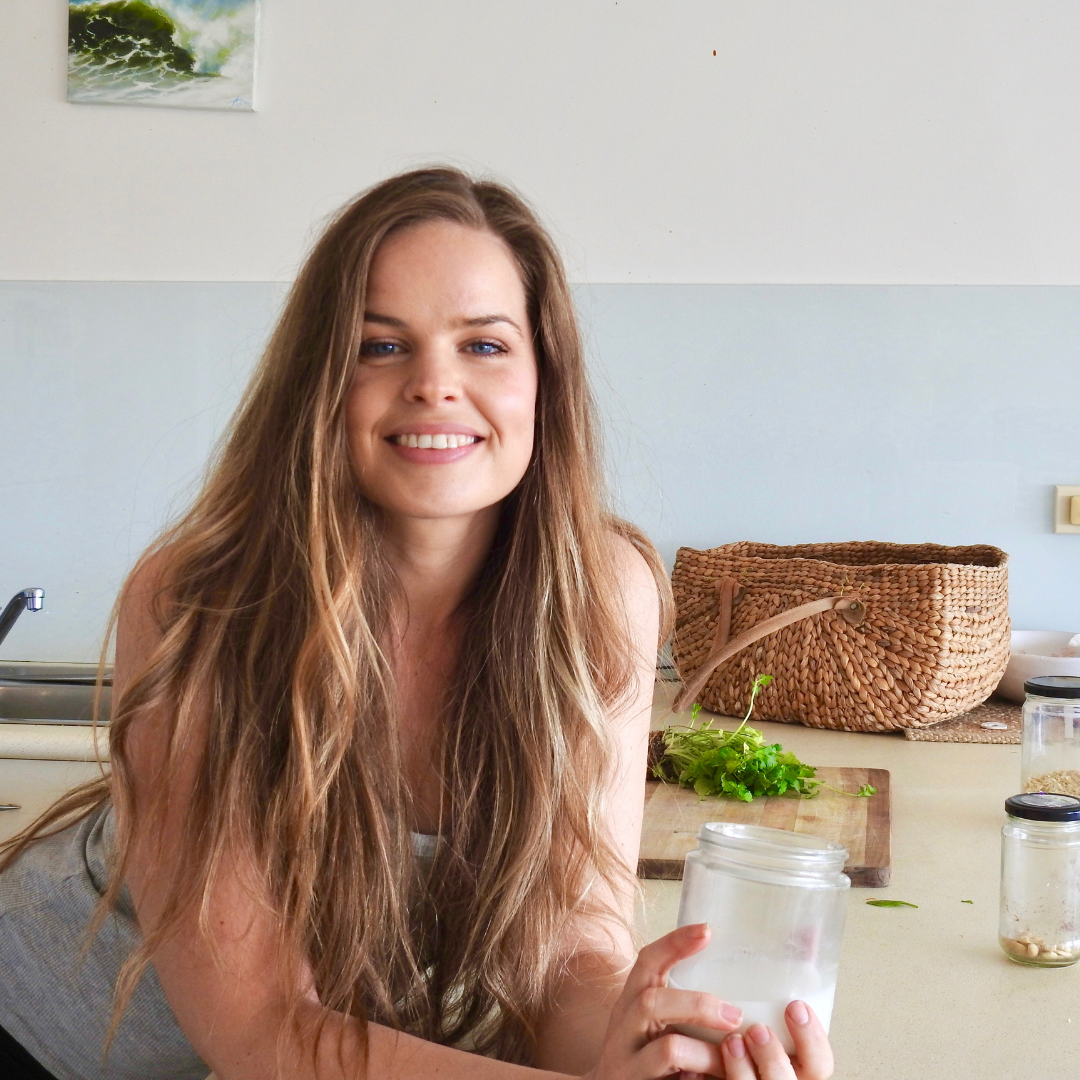The postpartum hormone changes can feel like a rollercoaster of highs and lows.
Given how much these hormonal changes are linked to postpartum mood disorders in particular, it’s a wonder why there’s very little information (if any) given to mothers on how to support our postpartum hormones before having our babies.
The postpartum hormone drop is considered one of the biggest, most significant hormonal changes we ever go through (especially in such a short period of time).
But no one prepares us for it! No one sits us down and runs through what to expect or how to support ourselves through what can be a really wild time.
There are so many changes going on in that first year postpartum so let’s run through it and give you some really effective ways to support not only your hormones but also your overall health during that time.
Postpartum Hormones 101
Starting in pregnancy our progesterone and oestrogen steadily rise and then in the weeks and days leading up to childbirth they sky rocket.
Our progesterone peaks at 30 times pre-pregnancy levels our estrogen will reach a thousand times pre-pregnancy levels! Then straight after we deliver our baby and the placenta those levels plummet back down to pre-pregnancy levels.
This withdrawal of hormones has a big impact on us mentally and emotionally and is why many mums will experience those baby blues in those first few days after delivery.
At the same time as those are hormones dropping we have two other hormones that are rising and that’s oxytocin and prolactin.
Oxytocin is our love hormone it helps us bond with our baby it brings a sense of calm and as it floods the body after childbirth it brings a euphoria and really zen, calm feeling (if you didn’t experience that – keep reading…)
Prolactin is our breastfeeding hormone but not only is responsible for helping with that, it also has anti-stress and anti-anxiety effects.
So these two hormones help to buffer the effects that the low progesterone and oestrogen are having.
BUT…..some mums won’t experience that initial dramatic oxytocin flooding through their body and bringing that beautiful euphoric, calming feeling and that’s because there are a few things that will affect oxytocin release.
If there’s been any birth trauma, if you were separated from your bub or if there was a lot of birth interventions, these can all impact the initial release of oxytocin. This was me after my first baby was born via emergency c-section and we were separated straight after. Definiately no calming, happy feelings were felt initially! I know it can feel like you’ve missed out if you didn’t get that oxytocin flooding through you from the moment you gave birth, but the good news is it does still rise. With the help of lots of skin to skin contact, cuddling baby and breastfeeding if you can, you can boost that oxytocin and get the hormone buffering effects.
By two to three months postpartum your hormones are starting balancing out however we are dealing with a lot of extra stressors during that postpartum stage.
The High stress – high cortisol debacle
Sleep deprivation, life adjustments, the recovery from pregnancy, all of those things that come with having a newborn can be stressful to the body. This means we can end up with high cortisol levels which in turn affects our hormones rebalancing.
Nutrient deficiencies
Many mums enter into the postpartum period depleted of nutrients during pregnancy. These key nutrients that we’re low in actually play a big role in our hormone health and so a lot of mums can end up feeling fatigue, really low mood, anxiety, insomnia or just feeling like they’re not coping.
Support is needed beyond the 4th trimester…
Things like sleep deprivation and just some demands of early motherhood do continue on through that first couple of years and this can lead to hormone fluctuations. You can still feel like your hormones are out of whack even though you know your baby is 12 months or older and you’re no longer ‘postpartum’. This is why it’s really important for us to prioritize our hormone health as much as possible as soon after postpartum as possible.
How to help your postpartum hormones rebalance.
Step 1 – Food
Your whole foundation of health – your nutrition, what you’re eating day in day out.
- We want the main focus to be on plenty of good quality protein and healthy fats, these are the building blocks of our hormones and neurotransmitters (happy brain hormones!)
- Mostly unprocessed foods and low inflammatory foods so we’re not putting any extra burden onto our hormone systems. Minimising sugar, gluten and dairy is a good start.
- Balancing out our blood sugar levels with three steady meals a day (or snacks in between if that feels good for you) but making sure that we prioritise those regular healthy meals is really essential. It’s easy to forget to eat when you’re busy feeding, cuddling, and mumming but you need good food right now mama!
- Also some lovely carbohydrates with a nice dose of fiber in there is really important for hormone health and also to keep us energized and nourish gut health as well. I love baked sweet potoes and beetroots for mamas as well as rice, quinoa and oats.
- Addressing nutrient deficiencies like magnesium, zinc, iron and DHA.
I do have a postpartum nutrition video that goes into more specifics if you’d like to learn a little bit more about my recommendations with nutrition here.
Step 2 – Regulate Nervous system
Relaxation – managing our stress and regulating the nervous system
This is probably one of the hardest things for mums because they feel like there really is not enough time for themselves. I get it. What I recommend (and what I do) is set aside a 5-15minute time frame for relaxation. So a time frame that feels very doable so you can commit to it consistently.
And in this 5 minutes we are going to do some intentional relaxation. A five minute meditation, deep belly brething or even a lovely stretch – something that will switch on the relaxation response and regulate our nervous system.
Because when we are constantly running in fight or flight mode running on adrenaline it is really damaging to our hormone health.
Step 3 – Prioritising sleep.
Again, I know that this can feel so hard to do when you’re going through the multiple night wakings or you struggle sleeping when the baby sleeps it can be like how on earth am I even meant to prioritise sleep?!
The easiest way is to move your bedtime earlier. Yes, I know that can feel like the only time you have to yourself, but this is the season to really focus on your sleep. This is when our body recovers and regenerates and this is so integral for all aspects of our health not just our hormone health. Our immune system, our mental health are all affected by sleep so we do need to prioritise deep support for our sleep. Just look at as – it’s just a season, it’s not going to be forever. You will be in a better mood, have more energy and mental clarity the more you start to work that sleep debt off.
Step 4 – Low impact exercise
I love low impact exercise for mums. I think during this time post pregnancy when you feel like your body is already under a bit of stress, the last thing your body needs is the stress of really intense exercise.
I know this can be tricky if you really enjoy it but what I’ve found with my clients who are really hitting a wall with their hormones is that it does help to back off a bit.
For the mums who are too exhausted to exercise – choose something you enjoy and look forward to. I love getting my kids in the pram and putting on a podcast. You get the vitamin D, some movement and you feel like you’ve done something for yourself.
Yoga and pilates are also great – they help with regulating the stress level stress response system and really good for our hormone health. Also very easy to do from home.
So there’s a start my loves! I hope this has helped to give you a bit more of an understanding of what’s going on with our postpartum hormones and that you find these tips really helpful. They are really simple but so effective at helping to support the whole foundation of our hormone health. You can do this!
If you have any questions feel free to comment below or email me michala@themamaway.com









